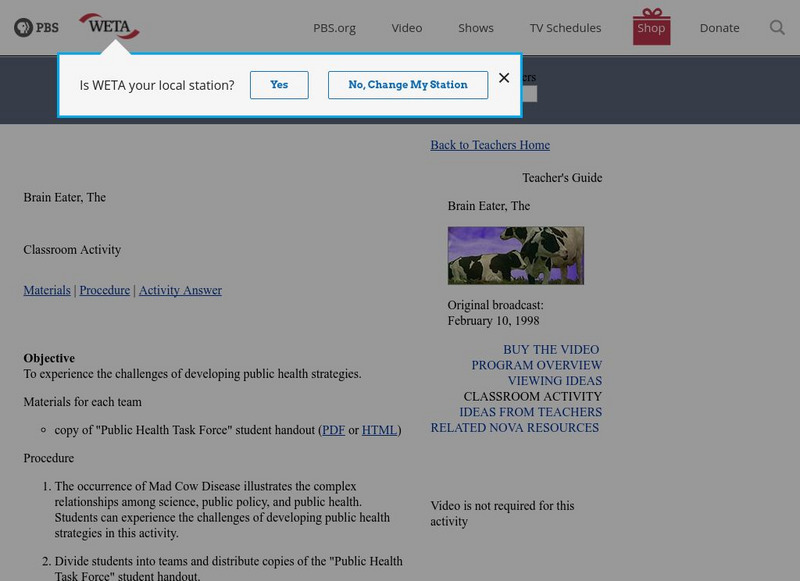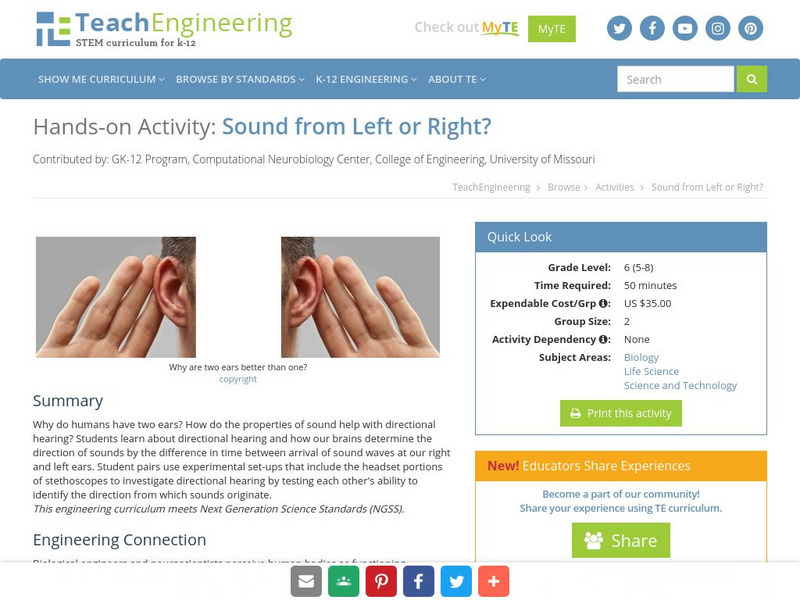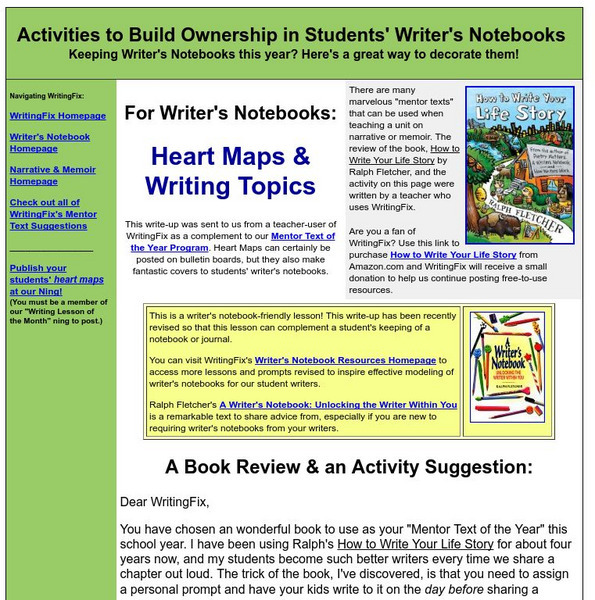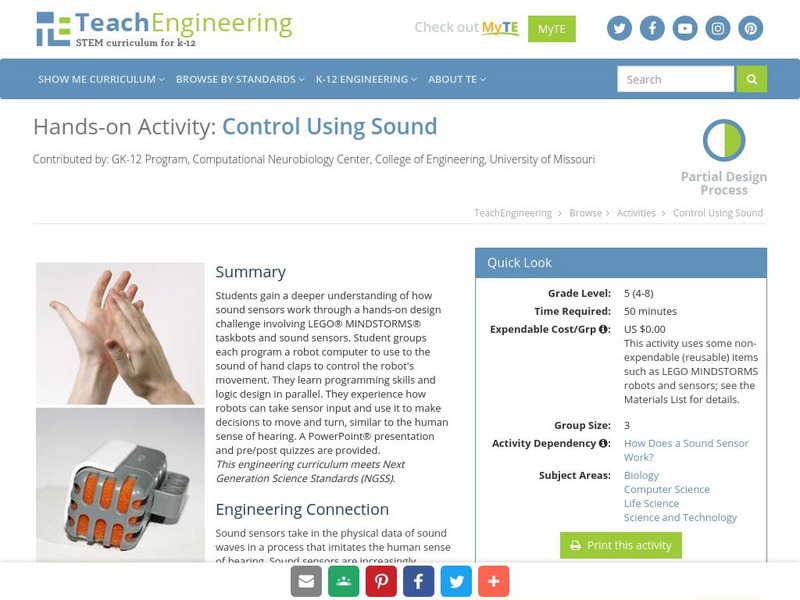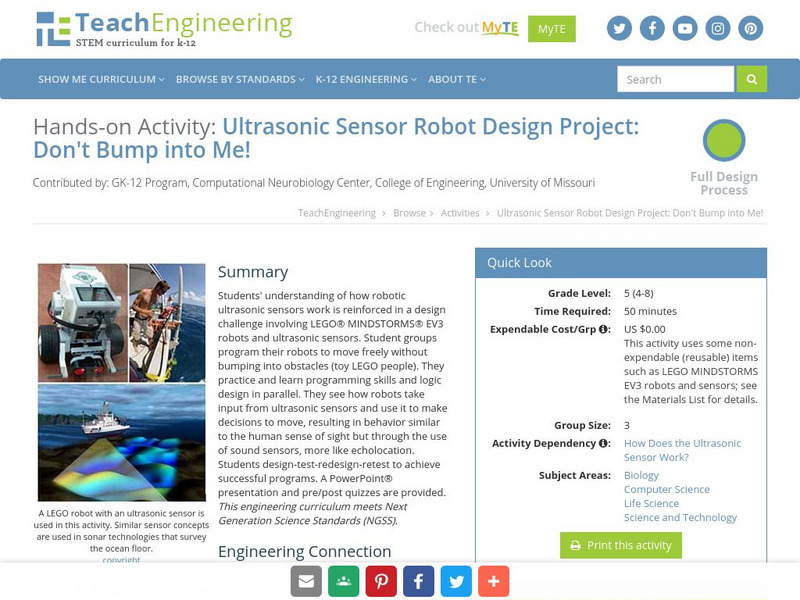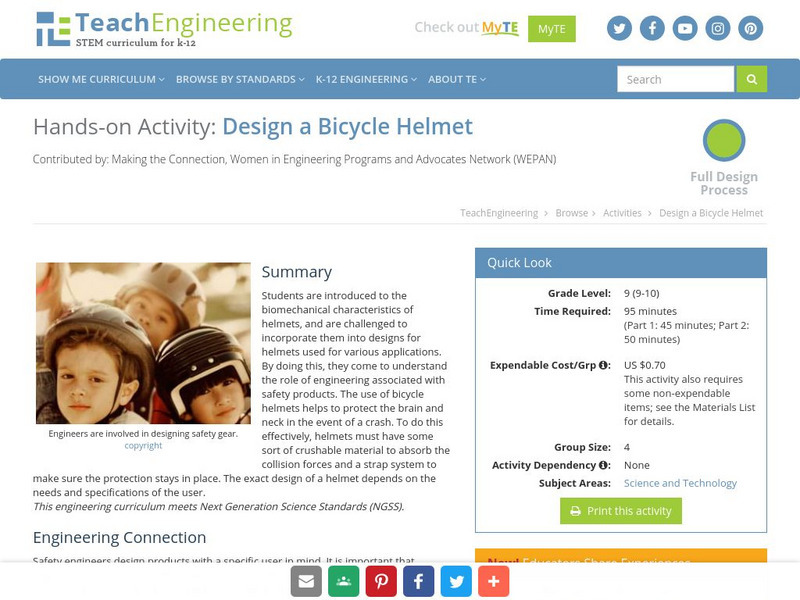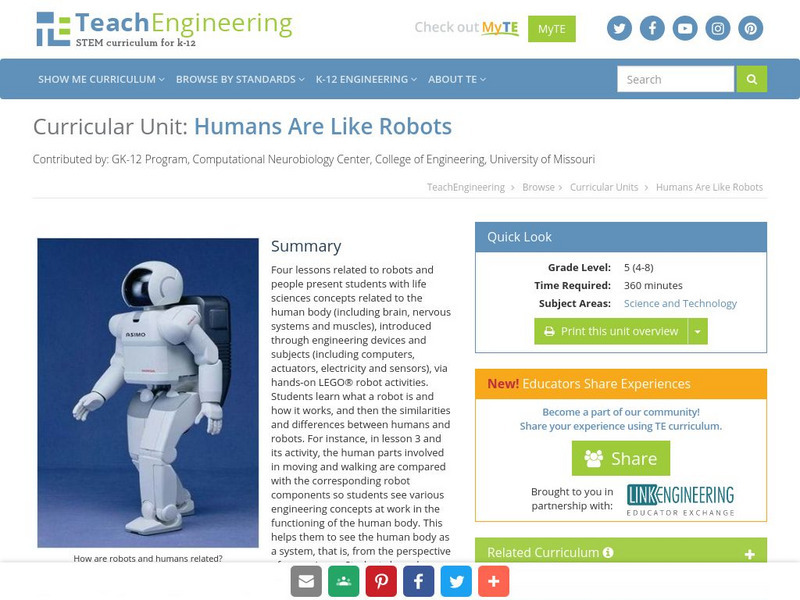Hi, what do you want to do?
Cornell Lab of Ornithology
Cornell Lab of Ornithology: Test Your Bird Brain
Have fun with this interactive site by trying to identify birds. Birds are presented on video, you provide the identification, and immediate feedback is given.
Fun Brain
Fun Brain: Backwards Alphabet Game
A "Connect the dots," game for the alphabet backwards. Printable resource for teachers.
Quia
Quia: Brain Buster Multiplication
Go from rags to riches as you advance through the levels in this "Who Wants to Be a Millionaire?," type multiplication game.
Fun Brain
Fun Brain: Number Cracker (Number Series Game)
The Number Cracker needs you to help find a secret code by identifying the missing number in a series.
Fun Brain
Fun Brain: Fraction Soccer
Compete in a soccer shootout by adding, subtracting, multiplying, and dividing fractions. Score goals for your team and block your opponent's shots by answering correctly.
PBS
Pbs Teachers: The Brain Eater
Examine the complex relationships among science, public policy and public health, research a disease that poses a public health threat and develop a strategy for limiting the spread of the disease.
PBS
Pbs Teachers: Mystery of the Senses Vision
Understand how our brain identifies an object, view six optical illusions and explain why the visual system might interpret them the way it does.
PBS
Pbs Teachers: Don't Forget! Puzzle Solving: Memory Tests and Problem Solving
Discover scientific research that says continued brain activity may help to encourage the strengthening and new growth of inter-cellular connections in the brain. Solve and create puzzles designed to stimulate brain cells.
PBS
Pbs Teachers: Scientific American: It's a Kid's World: A Change of Mind
Explore the cognitive development of deception and devise a game or mock trial in which one determines who is lying and who is telling the truth. Research brain activity and make a working model of neural divergences using a set of...
Econoclass
Econoclass: Resources for Economic Teachers
A site with resources for teachers teaching high school economics.
TeachEngineering
Teach Engineering: Hearing: How Do Our Ears Work?
Students learn about the anatomy of the ear and how the ears work as a sound sensor. Ear anatomy parts and structures are explained in detail, as well as how sound is transmitted mechanically and then electrically through them to the...
TeachEngineering
Teach Engineering: Sound From Left or Right?
Why do humans have two ears? How do the properties of sound help with directional hearing? Students learn about directional hearing and how our brains determine the direction of sounds by the difference in time between arrival of sound...
Scholastic
Scholastic: I Spy
These interactive matching games for elementary age students combine visuals of familiar objects and rhyming riddles to create brain-teasing puzzles.
Writing Fix
Writing Fix: For Writer's Notebook: Heart Maps and Writing Topics
A heart map is a visual representation of a student's heart, displaying topics that "live" there; these topics are ones the student would show passion about and interest towards when writing about them. In writer's workshop students...
Braingle
Braingle: Mentalrobics Creativity
Exercise your brain and creative thinking. Find daily questions, games, and ideas that will force you to brainstorm, create, imagine, and use your creativity on your own or in a classroom setting.
National Geographic
National Geographic: Seeing Is Believing
In this lesson, students investigate the properties of light using simple materials. Includes handout and video resources.
TeachEngineering
Teach Engineering: Control Using Sound
Students gain a deeper understanding of how sound sensors work through a hands-on design challenge involving LEGO MINDSTORMS NXT taskbots and sound sensors.
TeachEngineering
Teach Engineering: Don't Bump Into Me!
Students' understanding of how robotic ultrasonic sensors work is reinforced in a design challenge involving LEGO MINDSTORMS NXT robots and ultrasonic sensors.
TeachEngineering
Teach Engineering: Design a Bicycle Helmet
The goal of the activities is for students to understand the basics of engineering associated with safety products. Using a bicycle helmet helps to protect the brain and neck during a crash. In order to do this effectively, helmets must...
Khan Academy
Khan Academy: How Do I Deal With Frustration in a Positive Way?
Working through our frustration can help us grow our brains and it's also perfectly normal to get frustrated! This article explains four suggested steps for dealing with frustration.
Khan Academy
Khan Academy: Transform My Mistakes and Grow!
To come up with a plan on how to transform our mistakes into opportunities to grow our brains, this article explains three categories of mistakes and how you can overcome them.
Science Education Resource Center at Carleton College
Serc: Digging for Fossils: Studying Fossils as Evidence for Human Evolution
As students dig for paper fossils, they make observations of brain size, teeth, hands, thumbs, trunks, pelvis, foot and big toes to determine characteristics of chimpanzees and humans. Then, they dig up and analyze a new fossil...
Louisiana Department of Education
Louisiana Doe: Curriculum Hub: Ela Guidebooks: Application Student Selected Task: Analyzing the Culminating Task
Prepare to write by analyzing the culminating task for the Teen Brain unit.
TeachEngineering
Teach Engineering: Humans Are Like Robots
Four lessons related to robots and people present students with life sciences concepts related to the human body (including brain, nervous systems and muscles), introduced through engineering devices and subjects (including computers,...








